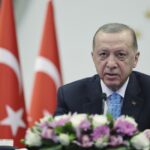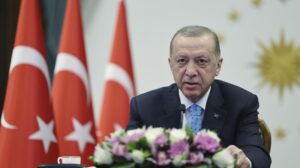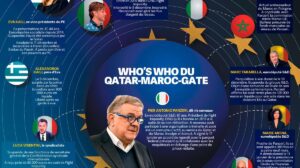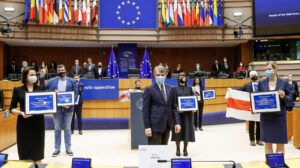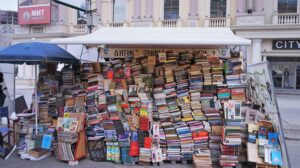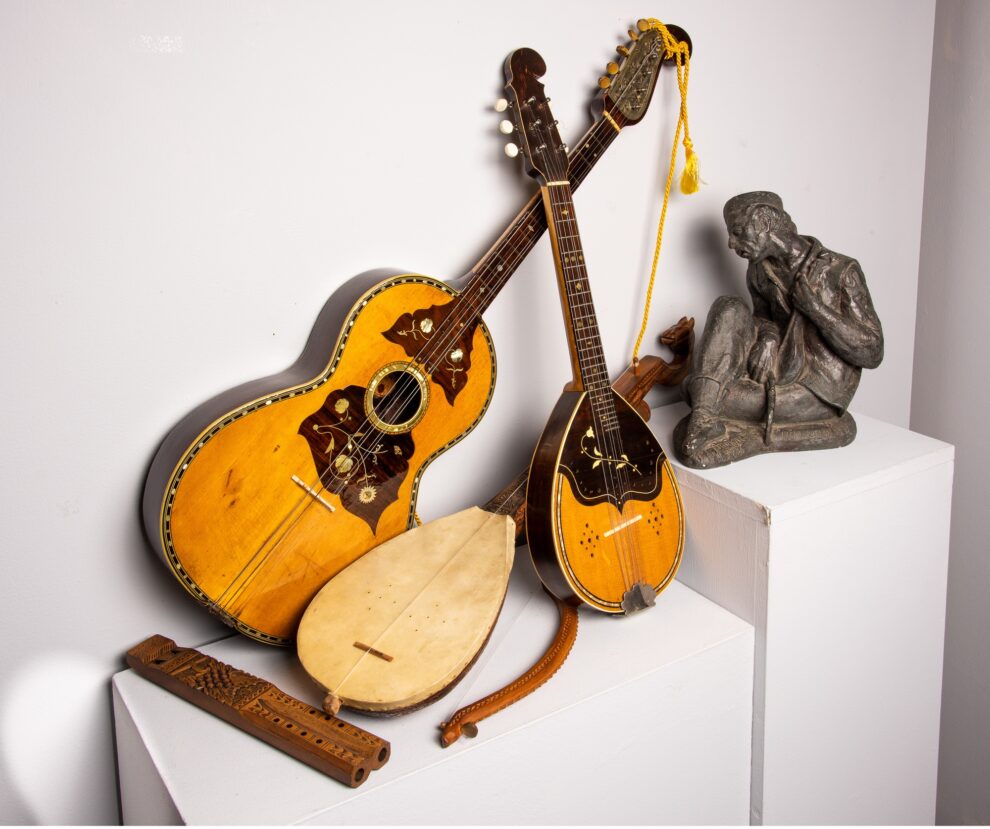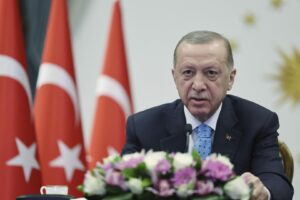Rabat – In a celebration of culture and music, Croatia’s embassy in Morocco hosted today an event titled “Croatian Poetic Scene” at the Academy of the Kingdom of Morocco in Rabat.
The event gave the audience the opportunity to immerse themselves in the rich tapestry of Croatian literature and music.
The event aimed to provide insight into contemporary Croatian poetry, spanning from influential figures of the 20th century to present-day poets whose work resonates with the spirit of our time.
In her opening remarks, Ambassador Jasna Mileta highlighted Croatia’s rich literary heritage, emphasizing the country’s unique cultural identity shaped through its complex history.
“From medieval epics to romantic poetry and contemporary prose, Croatian literature testifies to the vitality of a people preserving their heritage while looking towards the future,” she said.
The ambassador also paid tribute to Moroccan poetry, specifically acknowledging the “passionate and sensitive” Amazigh poet Mririda N’Ait Atiq.
Mileta highlighted N’Ait Atiq’s poetic prowess, noting her ability, despite not being able to read or write, to express herself in language that was “simple, sensual, and imbued with an archaic and imaginative quality.”
Meanwhile, Abdeljalil Lahjomri, the perpetual secretary of the Academy of the Kingdom of Morocco, delved into the historical ties between Morocco and Croatia, dating back to the 18th century, when Croatia, then known as the Republic of Dubrovnik, established a consulate in Tangier.
He emphasized Croatia’s rich multicultural heritage, influenced by Roman, Venetian, Ottoman, and Austro-Franco-Roman cultures.
In addition, Lahjomri highlighted the role of literature in shaping Croatian identity and society, underscoring the enduring impact of poetry on the country.
“Cultural events like today’s will undoubtedly pique the curiosity of young researchers, encouraging them to explore Croatia’s unique position as a country at the crossroads of East and West, a land of cathedrals, mosques, and mausoleums,” he concluded.
Lahjomri and Mileta set the stage for an evening that blended poetic readings and a spellbinding piano concert.
Distinguished Croatian academicians and poets Vanda Miksic, Branko Cegec, and Brankica Radic discussed the development of Croatian poetry, referencing various periods and influential figures.
This included the beginning of modern Croatian poetry in the early 20th century, which was influenced by French modernism, particularly the works of poets such as Antun Gustav Matos.
Pre-World War II, poets started embracing an expressionist tendency under the impact of German expressionism, followed by a post-war shift to revolutionary themes.
The 1950s saw changes with journals like “Krugovi,” and by the 1970s, concepts like “vivacity” emphasized an open approach to poetry, enriching Croatia’s literary scene, the poets added.
The poets then enchanted the audience with readings of poems by several Croatian poets.
The cultural voyage continued with a mesmerizing piano concert performed by the Croatian duo of pianists Kosjenka Turkulin and Iva Ljubicic Lukic, in a “four hands piano” fashion.
Their performance transported the attendees into the heart of Croatian classical music as they performed Ivan Koncic’s Diary of a Goldfish, Frano Parac’s Prelude and Waltz, among other pieces by other Croatian composers.
The event was not only a celebration of culture but also an opportunity for cultural exchange and dialogue. Attendees had the chance to engage with the artists and academics.
As the cultural program concluded, guests were invited to a cocktail reception, where they continued to sharereflections on the enchanting evening.
Source : MWN


